Boring and unboring marketing
Boring = consistency that compounds, Unboring = trajectory-shifting creativity. Examples from ABInBev, Michelin and Ceat + my experiences from Lipton Ice Tea and Closeup
Newsletter on ideas that help marketers do better and be better. Subscribe here. Check out my other essays here.
Hi there!
Thanks for reading.
In the previous edition- “It takes skill to get lucky in marketing” - we had explored the role of skill and luck in marketing. TL: DR -
success in marketing is a combination of both luck and skill
in times of bad luck, even skilled marketing can fail. And in times of good luck, unskilled marketing gets hidden
that’s why a marketer’s skill becomes visible only over time and across contexts (brands, companies, countries, categories). And skilled marketers get luckier over time
But what constitutes marketing skill is hotly debated. We think marketers live a glamorous life… blinging with celebrities… hob nobbing in five-star buffets and fighting off fanboys and girls.
My own family, for the longest time, thought that marketers are people who are paid to go shopping every day :-)
In reality, like any job, marketing is 2/3rd parts boring and 1/3rd parts unboring.
Boring parts are linear repetitive but necessary parts of marketing that could feel tiresome over time, but with consistency, compound over time.
core brand essentials that must be retained over decades - logos, colors, target audiences. e.g. Maggi targets moms, so all Maggi Classic Noodle ads always feature moms.
repetitive mechanisms - weekly, monthly, and annual reviews, tracking formats, and rituals (like annual conferences) start feeling like groundhog day after a while.
brand activities that sustain the business day-after-day-after-day, e.g. distribution strategies, sampling, referral bonuses, performance marketing, etc.
Unboring parts are nonlinear - insights, innovations, and ideas - that get consumers to take notice and shift the brand’s trajectory.
In my experience, skilled marketers do both in four different ways:-
Unboring needs the discipline of boring - ABInBev
Blend boring and unboring - Lipton Ice tea
Unboring disrupts boring parts - Closeup
Market boring products in unboring ways - Ceat, Michelin
1. Unboring needs the discipline of boring - ABInBev
ABInBev is part of 3G Capital. Since 3G acquires companies indiscriminately, ABInBev were growing inorganically. But in 2018, they ran out of companies to buy.
So ABInBev marketers had to start delivering organic growth. They locked themselves into a conference room, debated for hours, and finally emerged with a high-risk strategy. They decided that the only way to get more consumers to drink more of their beer was by getting more creative in their marketing.
They were clear they were not interested in creativity for creativity’s sake. Instead, they wanted to be Creatively Effective - they wanted their creative marketing to drive sales.
In short, they decided to be unboring.
Since they were a KPI-driven culture and creativity is fuzzy, they held themselves accountable to a measurable and very public BHAG - to win the Most Creative Advertiser award at Cannes in five years.
To make sure they meet this KPI across countries and brands, they disciplined themselves to follow mechanisms-
Creative Effectiveness Spectrum: a 10-point scale they held themselves accountable to
Creative Critiques: weekly creative evaluation meetings
Creative Brain Trust: an industry panel of the best creative minds to challenge their creative work
Teams were enabled through training, culture building, and internal awards (Creative X)
All this paid off. ABInBev won the Cannes award in four years instead of five. And then again the next year.
The unboring parts of marketing only fire when built upon a foundation of ninja-like discipline and processes - and that feels boring. But it works.
ABInBev’s relentless focus on creative effectiveness paid off not just at Cannes, but also in their business results.
Sharing two Cannes award winners from ABInBev.
During Covid, live football matches stopped. So ABInBev edited 70 years’ worth of matches into one seamless 90-minute match (as if it were being played in real-time) and aired it on prime time.
Take a look at their Grand Prix winner - a US campaign highlighting their guarantee to farmers - ABInBev would buy their inorganic produce through the 3-year transition to organic farming and also buy their first organic produce.
2. Blend boring and unboring - Lipton Ice Tea
In food and beverage companies, sampling is as sacred as religion. I remember reading somewhere that when Dalda was first launched in India, Hindustan Lever managers used to fry samosas in Dalda at railways stations and serve them piping hot to commuters, so they could see for themselves that Dalda is as tasty as Ghee.
When we were launching Lipton Ice Tea in India, we knew that in a hot-tea-drinking country, the only way to convince consumers that ice tea was not ‘milk tea gone cold’, was to sample chilled ice tea. So sampling became our no.1 priority.
But we knew just sampling the product was not enough. In absence of TV investments, we needed to start embedding the brand into consumers’ minds. So we came up with a boring+unboring blended strategy for sampling.
This is what our three-tier sampling strategy looked like-
Sample to as many as possible: The budget was tight and yet we wanted to sample as much product to as many people as we could reach. So the goal was to minimize cost per contact. We chose to sample in high-traffic areas like malls (Ambience Mall, Infiniti Mall) and busy markets (Lajpat Nagar, Bandra) over the weekends - when footfall is highest. This was logistically intense, involved standard operating procedures, was repetitive and therefore scaleable. The only brand element was the logos, T-shirts, and stall designs.
Sample to get into the right households: Ice Tea was premium to colas and an acquired taste, so we knew it would not become a mass brand in a hurry. But it needed to get tasted by the right affluent consumer. So we paid slightly more per contact to sample at the Delhi airport. This was a highly visible branding opportunity and got the right consumers to try us, and remember us.
Sample for talkability: New beverages are adopted first by youth. So we branded university canteens, hoping to get college students to adopt not just the product, but also to start thinking of the brand as cool. This had the most concentrated dose of branding elements out of all three executions.
When I look back at the Lipton work, I think we did the best we could under the circumstances, but I would have loved for us to get more imaginative and do something like what Nivea sunscreen did.
Nivea built a drone in the form of a seagull that squirted sunscreen onto kids who had not applied any. Take a look.
Unboring disrupts boring parts - Closeup
Some of the most fun I have had was on a toothpaste brand. Surprising, because toothpaste is rumored to be a boring category.
We were relaunching Closeup toothpaste and we wanted to stand apart from dominant Colgate and Pepsodent. Yet, since margins are wafer-thin, there were very few degrees of freedom.
So the boring part is the constraints we have to work with - toothpaste must be a tube and we cannot add cost. Apart from modernizing the design, we made the tube metallic and changed the cap from a white cone shape to the bright red translucent one (like the ones in shaving creams).
These seemingly ‘small’ tweaks were unboring. The refreshed packaging signaled to consumers that Closeup has changed, the product stood out on cluttered shelves and looked premium.
Of course, this advantage is brief because soon competition catches up - today, most premium kinds of toothpaste have the same cap.
The lesson from all this is that even the seemingly smallest and most constrained parts can be made unboring with practical creativity.
Market boring products in unboring ways - Michelin, Ceat
Tyers can be boring. Maybe more boring than toothpaste. But what can be more unboring than a tyres company that is also the world’s fine dining connoisseur?
We all know that the Michelin Guide was created by Michelin to get more mileage on their tyers.
Ceat, another tyers company, has created unboring advertising to communicate a strong grip. What I like about these ads is how insightfully they convince us that the state of Indian roads screams out for high-grip tyres. The bonus is that they are fun to watch, the copy is funny and spot on.
Kaizen and Kaikau
As I write this, I remember the Japanese concepts of Kaizen and Kaikaku from “How to reap benefits of compounding”.
Kaizen is the practice of making small, continuous improvements - these sound a lot like the ‘boring’ part of marketing. At the risk of inviting controversy, I am willing to bet that a large part of this will be done by AI in the next 3-5 years.
Kaikaku is a large, radical shift - the unboring non-linear thinking and brave creativity.
Both are necessary.
This brings me to three introspections for work and life -
what unboring pivots do we need to engineer before it gets too late? I started thinking about my pivot four years ago and have finally taken the leap - as some of you may already know, I have started my own company! Watch this space for more news.
what boring parts continue to be necessary, but we neglect? For me, this answer is easy - eating healthy and regularly exercising.
what unboring and boring parts of our life no longer serve us? I am still figuring this one out.
I would love to hear your thoughts.
See you back here soon!






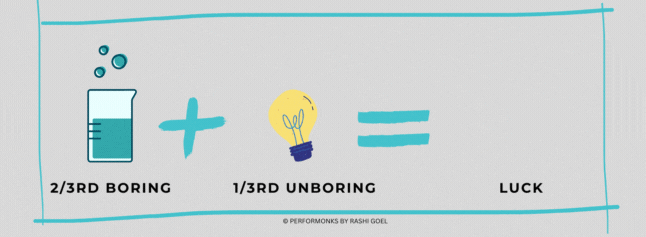
![[crop output image] [crop output image]](https://substackcdn.com/image/fetch/$s_!4MaB!,w_1456,c_limit,f_auto,q_auto:good,fl_lossy/https%3A%2F%2Fsubstack-post-media.s3.amazonaws.com%2Fpublic%2Fimages%2F22e3038a-6149-4d32-b16b-4731166e5bb5_394x245.gif)


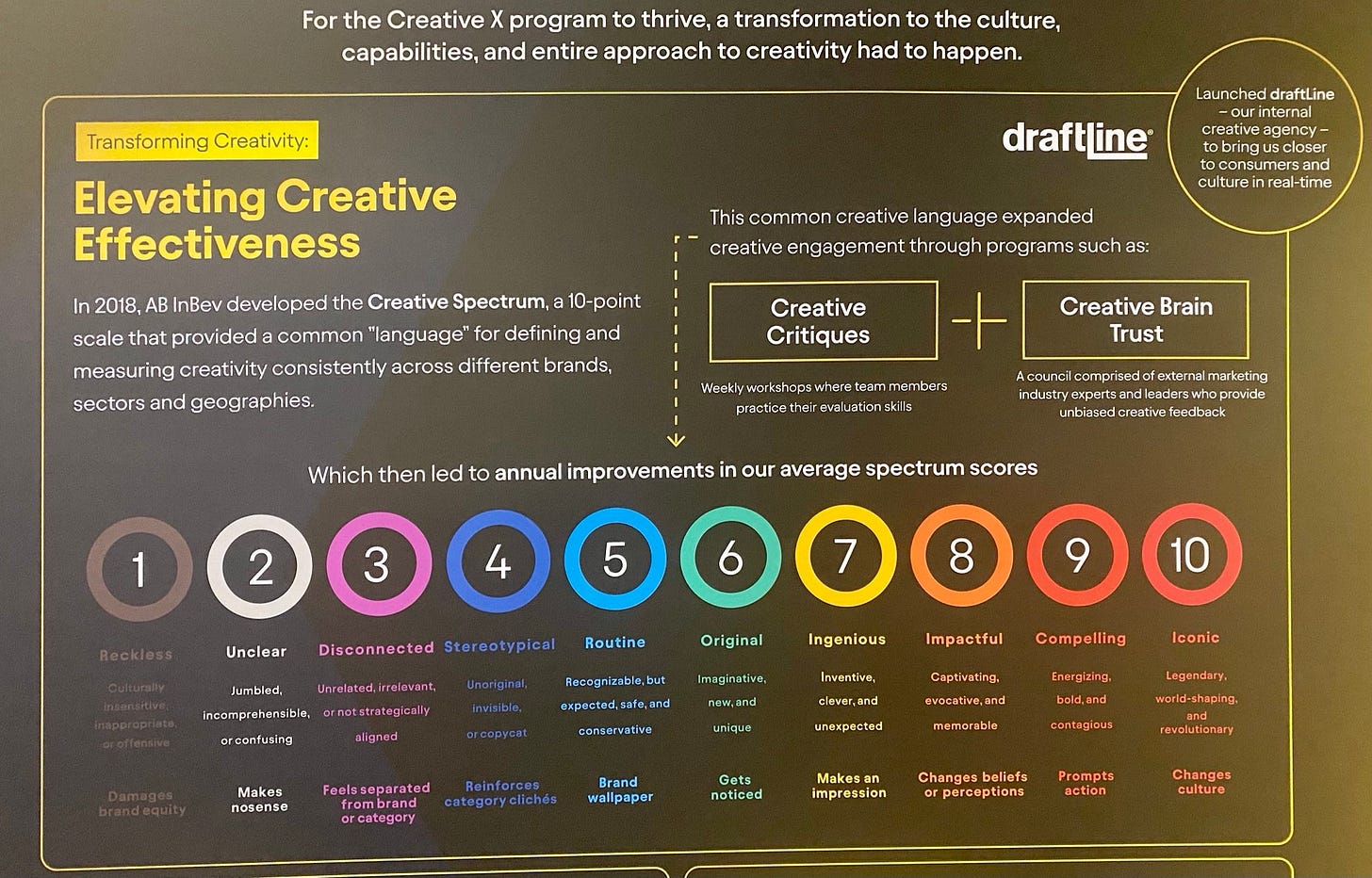
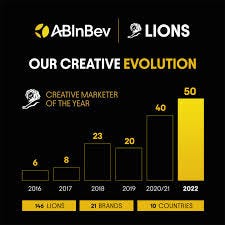



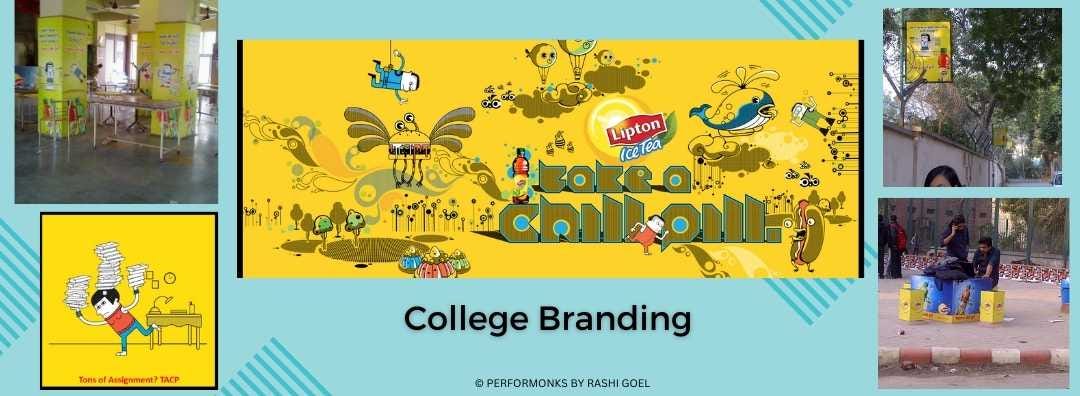
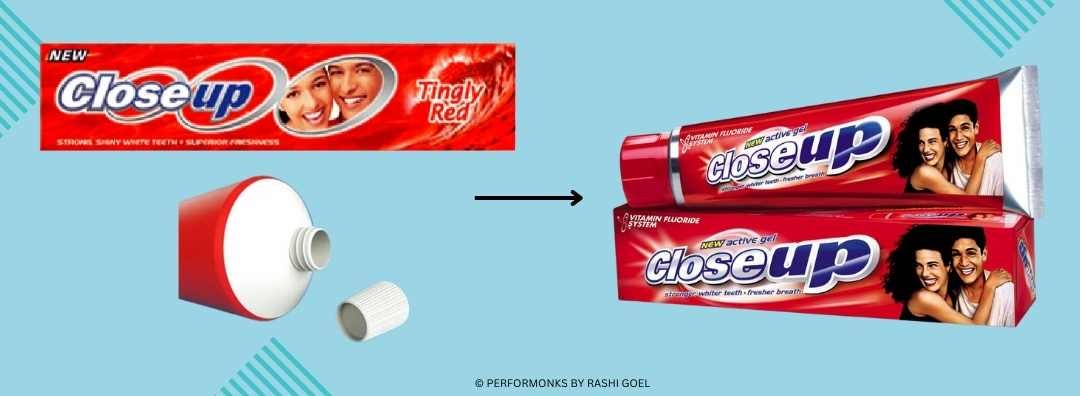


Brilliant one Rashi. So well put , marketing is a lot of about going on a train track , with one line being consistent and other line being creative .